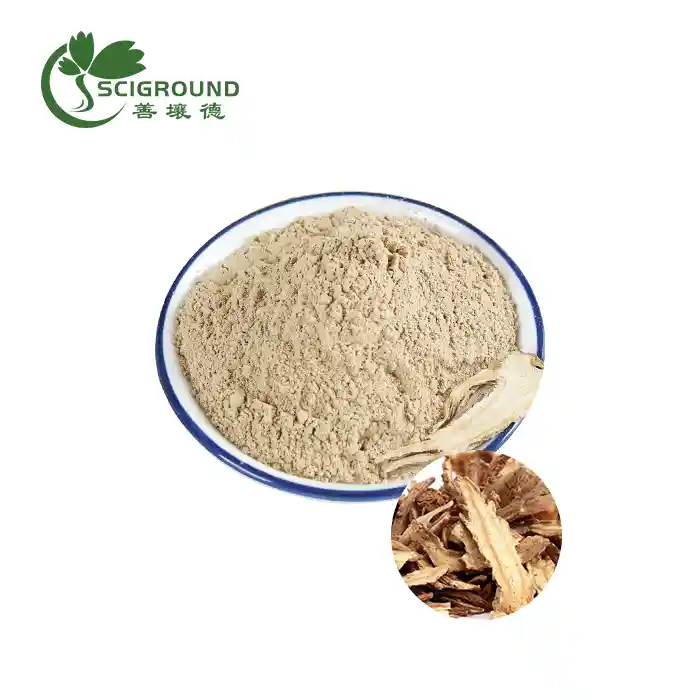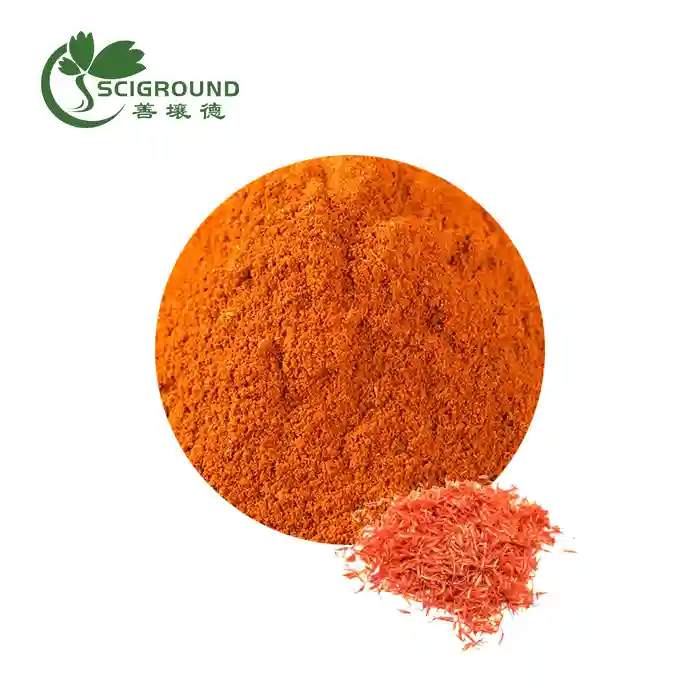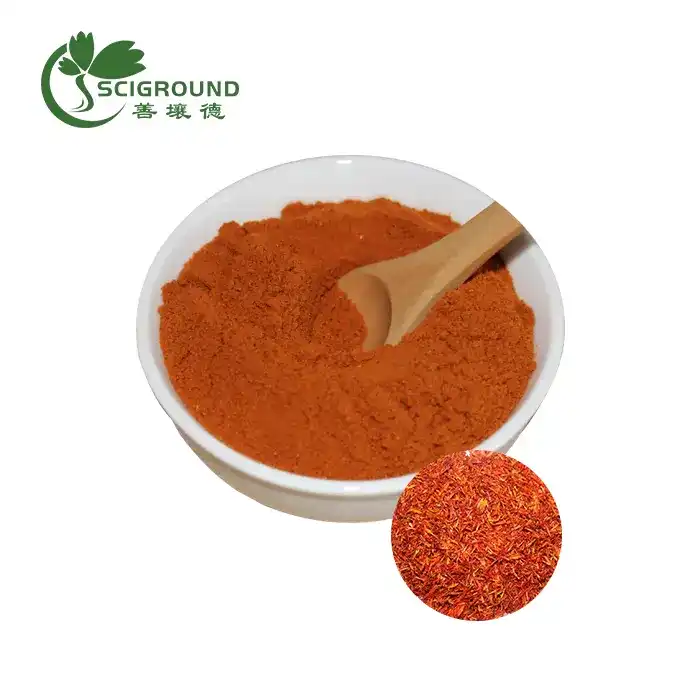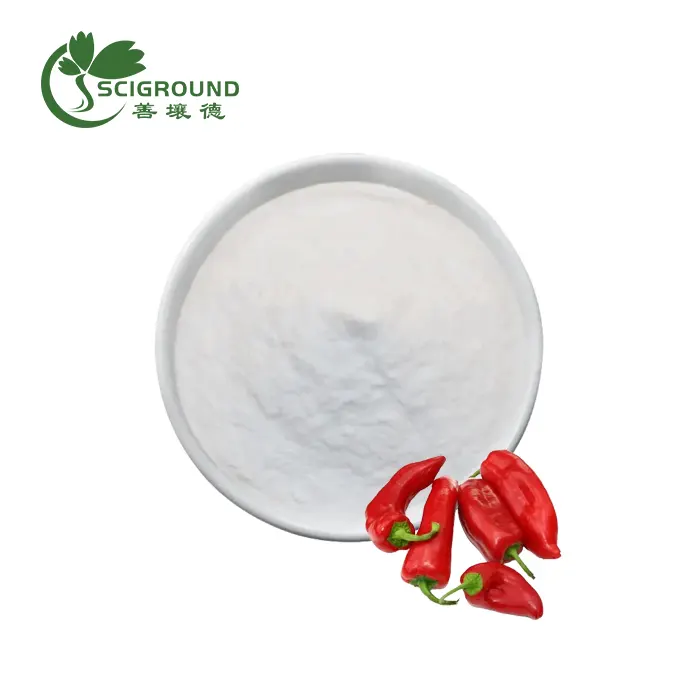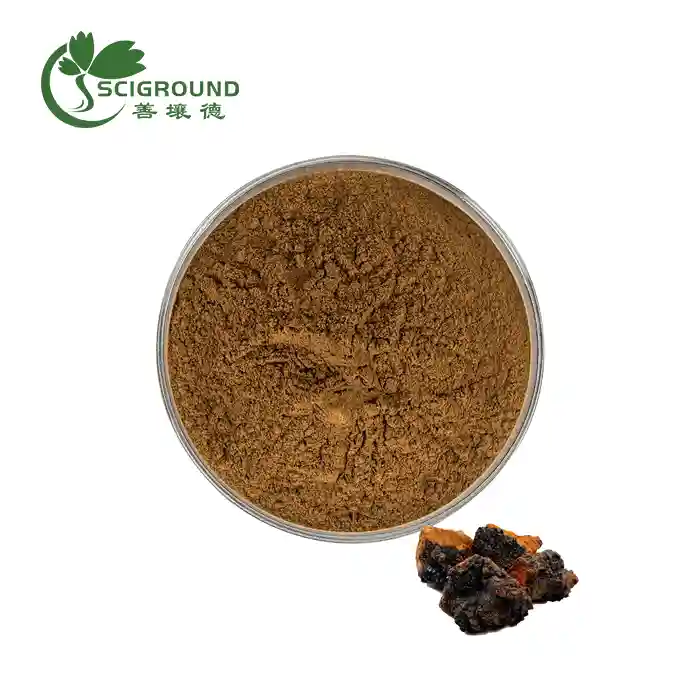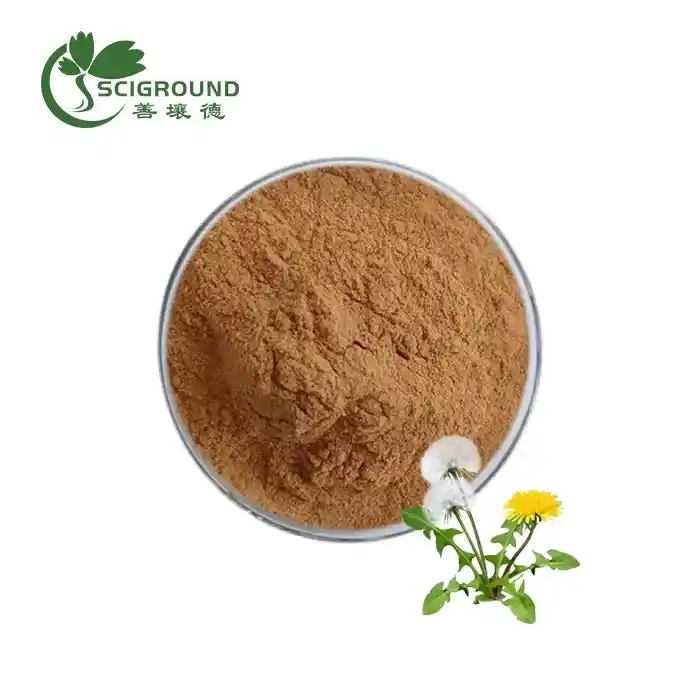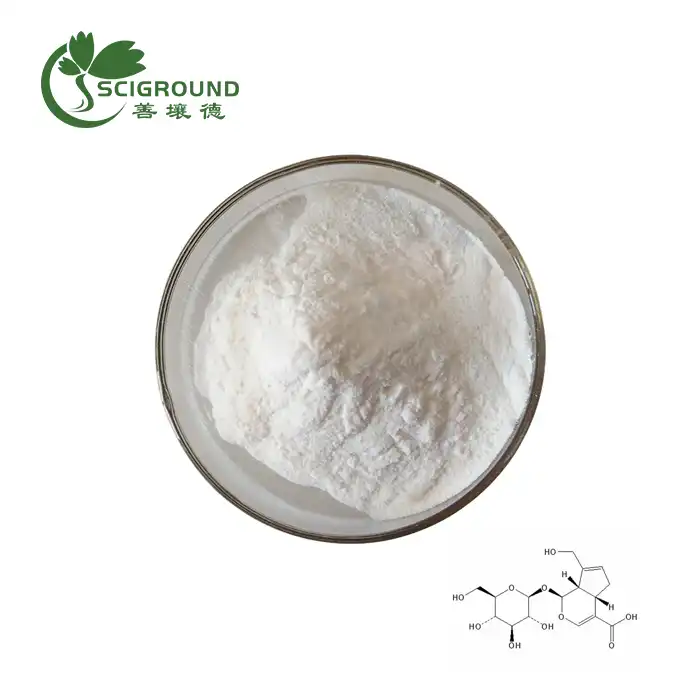What is Inulin Used For?
Inulin powder bulk is a type of soluble fiber that has become increasingly popular in recent years due to its many potential health benefits. But what exactly is inulin, and what is it used for?
Inulin is a fructan - a chain of fructose molecules with a glucose molecule at one end. It is found naturally in the roots and tubers of many plants, including chicory, Jerusalem artichoke, onions, garlic, bananas, and wheat. Commercially produced inulin is most often extracted from chicory root.
Inulin is considered a prebiotic fiber. This means it promotes the growth of beneficial gut bacteria, supporting digestion and gut health. It also functions as a soluble fiber that can help regulate blood sugar levels.
With its unique properties, inulin has many uses and applications. Let's explore some of the top ways inulin is being utilized.
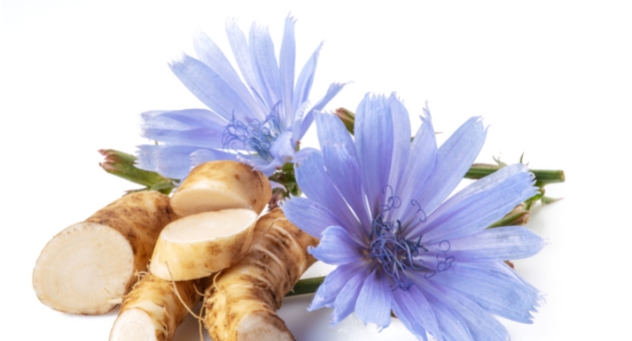
What is Inulin Used For in Food?
Inulin has become a popular food additive used by manufacturers for multiple purposes:
Fat replacement - Inulin can replicate the mouthfeel of fats, allowing manufacturers to create low-fat or fat-free versions of products like ice cream, yogurt, cream cheese, and salad dressings.
Sugar replacement - Although not very sweet itself, inulin enhances the sweetness of sugar substitutes like stevia. It also reduces calories compared to sugar.
Fiber fortification - Bulk inulin boosts the fiber content of foods like breads, cereals, bars, and baked goods. This allows them to make "high-fiber" claims.
Texture modifier - Inulin alters texture in foods like dairy products, meat products, and frozen desserts. It can provide creaminess and enhance stability.
Moisture retention - The ability of inulin to bind moisture makes breads and baked goods stay fresher longer.
Prebiotic function - Some manufacturers promote the prebiotic effects of inulin when added to foods like yogurt.
Always check the ingredient list to see if a product contains added inulin. It may be listed as "chicory root fiber" or "chicory root extract."
What is Inulin Used For in Baking?
The properties of inulin lend themselves nicely to baking applications. Here are some of the ways it is utilized:
Replacing sugar - Inulin can replace 25-50% of the sugar in recipes, reducing calories. Combine with a low-calorie sweetener to maintain sweetness.
Improving moisture - The moisture-binding ability of inulin keeps baked goods like cakes, breads, and cookies fresher for longer.
Adding fiber - Enrich muffins, cookies, granola bars and more with extra fiber by swapping some flour for inulin.
Aiding texture - wholesale inulin lightens the texture of baked goods and can help bread rise higher. It also prevents ice crystals in frozen products.
Extending shelf life - The prebiotic effects of inulin can extend shelf life by suppressing mold growth in baked goods.
When baking with inulin, use 25% less liquid and bake at a slightly lower temperature as it browns faster. Limit inulin to 5-10% of flour weight to avoid structural and textural changes.
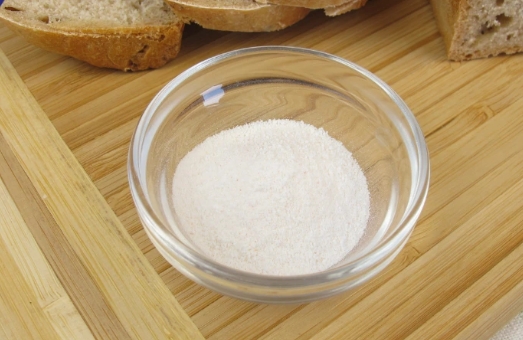
What is Inulin Used For in Dog Food?
Inulin is increasingly being added to commercial dog foods for its prebiotic benefits:
Boosts beneficial bacteria - organic inulin powder bulk feeds healthy gut flora like Bifidobacterium and Lactobacillus, supporting digestion.
Supports immune health - The prebiotic effects enhance immunity by increasing levels of short-chain fatty acids.
Aids mineral absorption - Inulin improves the absorption of important minerals like calcium and magnesium.
Promotes intestinal health - By enhancing gut barrier function, inulin improves stool quality and reduces diarrhea.
Lowers cholesterol - Inulin can help reduce blood cholesterol levels by binding bile acids in the intestine.
Manages weight - By promoting gut bacteria that boost metabolism, inulin supports healthy weight in dogs.
Look for inulin listed in the first 5-10 ingredients to ensure there is enough to provide prebiotic benefits. Start with low amounts and monitor stool quality when first feeding.
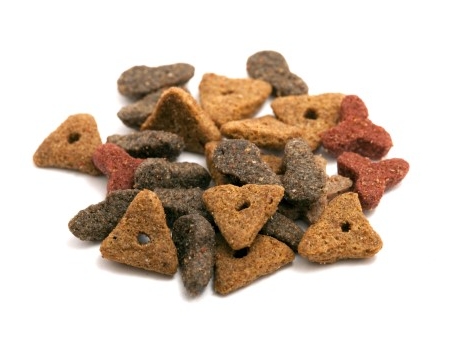
What Does Inulin Help With?
Inulin offers a number of science-backed health benefits:
Supports digestion - As a prebiotic, inulin feeds beneficial bacteria that aid digestion and improve stool consistency.
Regulates blood sugar - bulk inulin powder slows nutrient absorption, which helps control blood sugar spikes after meals.
Lowers cholesterol - Studies show inulin reduces LDL cholesterol while boosting HDL cholesterol.
Promotes heart health - By improving cholesterol ratios and blood pressure, inulin protects heart health.
Aids weight loss - Inulin suppresses appetite by slowing gastric emptying and promoting satiety after eating.
Boosts calcium absorption - Research indicates inulin improves the absorption of dietary calcium.
Relieves constipation - The stool-bulking effects of inulin help relieve constipation and improve regularity.
Prevents diarrhea - By restoring healthy gut flora, inulin reduces diarrhea from intestinal infections.
The prebiotic effects of inulin contribute to most of its therapeutic benefits. More research is still needed to confirm some effects.
Inulin Benefits for the Brain
Emerging research suggests inulin may also benefit brain health in powerful ways:
Enhances cognition - Some studies show bulk organic inulin powder can improve reaction time, mood, learning, memory and attention.
Lowers inflammation - Inulin reduces inflammatory cytokines that impair cognition and alter brain function.
Protects neurons - The short-chain fatty acids from inulin fermentation support neuron health.
Boosts neurotransmitters - Inulin increases serotonin and melatonin, which regulate sleep-wake cycles and mood.
Reduces dementia risk - By supporting gut-brain connections, inulin may help prevent cognitive decline.
Alleviates depression - Prebiotic fibers like inulin improve stress resilience and reduce anxiety-depressive behavior.
More randomized controlled trials are needed to validate the early research on inulin and brain health. But the findings are promising.
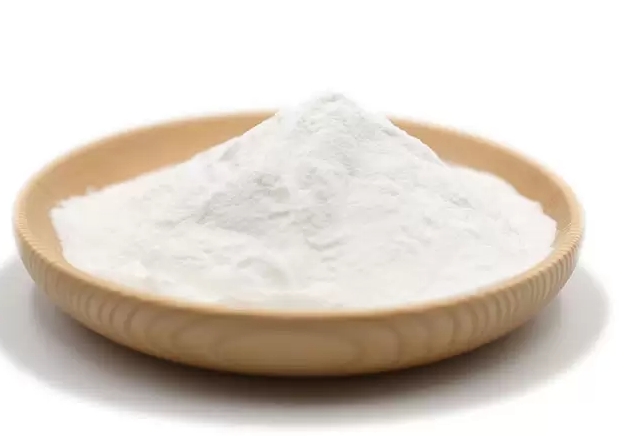
What Does Inulin Do in the Body?
Inulin exerts several beneficial effects as it passes through the digestive tract:
In the stomach - Inulin forms a gel-like network that slows gastric emptying and promotes satiety.
In the small intestine - Mostly undigested, inulin reduces nutrient absorption, especially fat and carbohydrates.
In the colon - Fermented by gut bacteria, inulin produces short-chain fatty acids that supply energy.
Throughout intestines - Inulin feeds probiotic bacteria, restoring healthy gut flora.
In blood - The short-chain fats from inulin lower cholesterol, blood pressure, and blood glucose.
In cells - Inulin boosts calcium absorption, promoting healthier bones.
The prebiotic nature of inulin that feeds probiotic bacteria is key to most of its therapeutic mechanisms. But its fiber-like nature also contributes benefits.
Is it Safe to Take Inulin Daily?
For most people, taking inulin daily is safe and well tolerated. However, side effects can occur if too much is consumed:
The FDA considers up to 40 grams per day safe for adults.
Doses above 10 grams may cause bloating, gas, cramping or diarrhea.
Start with small doses like 2-3 grams and gradually increase over weeks.
Drink plenty of fluids - inulin may cause constipation without enough water.
Inulin is likely safe in pregnant/nursing women at food-based doses. But check with a doctor before supplementing.
Those with IBS or on low-FODMAP diets may want to avoid inulin, as it can exacerbate symptoms. People with inulin allergies should also avoid it.
Is Inulin Better for You Than Sugar?
Inulin is lower in calories and carbs than sugar, and does not spike blood glucose levels. This makes it a better choice than sugar for people with diabetes or metabolic disease.
However, inulin is not as sweet as sugar. It is about 10% as sweet. So inulin cannot perfectly replace sugar in all recipes and uses. Combining inulin with non-nutritive sweeteners is one solution to maintain sweetness while reducing sugar.
Inulin also provides the benefit of acting as a prebiotic fiber that feeds beneficial gut bacteria. So it offers nutrition that sugar lacks.
Just be mindful that overdoing inulin can lead to digestive upset. Moderation is key, even with healthy fibers like inulin.
Why Does Inulin Help You Sleep?
Research indicates inulin supplementation can improve sleep quality and duration. The mechanisms behind this benefit are still unknown, but some theories suggest:
Inulin increases tryptophan, which boosts serotonin levels that promote sleep.
Fermentation produces metabolites that increase melatonin.
The prebiotic effect reduces inflammation, which disrupts sleep.
Short-chain fatty acids alter circadian rhythms to improve sleep regulation.
Starting the day with inulin may be particularly helpful, as its energy-stabilizing effects last for hours. Aim for 3-6 grams before breakfast.
More placebo-controlled studies are still needed to confirm the early research on inulin and sleep. But the findings so far are promising.
Conclusion
In summary, inulin is a versatile prebiotic fiber with a wide range of uses and health benefits. As a supplement or food additive, it can enhance digestion, heart health, blood sugar control, weight management, and possibly even brain function. Food manufacturers appreciate its functional properties as a texture modifier and fat/sugar substitute.
While more research is still needed, the safety and tolerability of reasonable doses make inulin an attractive option. Include inulin-rich foods like garlic, onions, and bananas as part of a high-fiber diet. Supplements can further increase inulin intake to amplify benefits. Just be mindful of dosage to avoid adverse effects.
For bulk inulin powder, please contact us at email:info@scigroundbio.com.
References
Dewulf EM, et al. Insight into the prebiotic concept: lessons from an exploratory, double blind intervention study with inulin-type fructans in obese women. Gut. 2013 Aug 1;62(8):1112-21.
Russo F, et al. Inulin-enriched pasta improves intestinal permeability and modifies the circulating levels of zonulin and glucagon-like peptide 2 in healthy young volunteers. Nutrients. 2012 Jun; 4(6): 950–966.
Liu L, et al. Chicory inulin ameliorates cognitive deficits and attenuates oxidative damage in the brain of senescent mice induced by D-galactose. Nutrition Research and Practice. 2015; 9(4): 387-392.
Meyer D, Stasse-Wolthuis M. The bifidogenic effect of inulin and oligofructose and its consequences for gut health. European Journal of Clinical Nutrition. 2009 Nov;63(11):1277-89.
Nichenametla SN, et al. Resistant starch type 4-enriched diet lowered blood cholesterols and improved body composition in a double blind controlled cross-over intervention. Molecular nutrition & food research. 2014 Apr;58(7):1365-9.
Parnell JA, Reimer RA. Prebiotic fibres dose-dependently increase satiety hormones and alter Bacteroidetes and Firmicutes in lean and obese JCR:LA-cp rats. The British journal of nutrition. 2012 Jul;107(4):601.
ABOUT AUTHOR

Celine Xu is a botanist with over 15 years of experience researching and developing plant extracts for nutritional and pharmaceutical applications. She leads an R&D team focused on identification, cultivation and extraction of medicinal plants. Celine Xu earned a Ph.D. in Plant Biology from UC Berkeley and has authored numerous articles in peer-reviewed journals about the health benefits of specific phytochemicals. She frequently speaks at industry conferences about new developments in plant extract research. Celine Xu is dedicated to advancing the scientific understanding of how targeted plant compounds can be used to improve human health.
Related Industry Knowledge
- Why don't doctors recommend berberine?
- how to use stevia plant
- How much curcumin should I take daily to reduce inflammation?
- Is quercetin the same as CoQ10?
- Difference Between L-Arginine and L-Arginine HCL
- Potato Protein: A Versatile Plant-Based Protein Source
- Embracing the Power of Corn Silk Extract Powder
- Embracing the Emotional Journey with Pumpkin Seed Extract Powder
- Is Ginkgo biloba safe to take daily?
- What is Euphoscopin B?
